Micro-credentials in a Minute Episode 10: How Micro-credentials can be Used to Augment, Supplement, and Enrich the Undergraduate Experience
Greetings friends ✨
In service to making the digital badge and micro-credential space more accessible to the broader community, the Micro-credential Multiverse team has launched a series of conversations with industry leaders in the space we’re calling “Micro-credentials in a Minute”.
Each episode of the podcast will be about a minute long and address critical questions on micro-credentials, digital badges, learning pathways, digital wallets, and more!
Introducing Micro-credentials in a Minute
Episode 10: How Micro-credentials can be Used to Augment, Supplement, and Enrich the Undergraduate Experience
In this episode of "Micro-credentials in a Minute," we asked the Founder and CEO of the Bean Center, Emeritus Professor Martin Bean CBE, how micro-credentials can be used to augment, supplement, and enrich the undergraduate experience.
Guests
Learn more about our guests
Transcript
Micro-credentials in a Minute Episode 10: How Micro-credentials can be Used to Augment, Supplement, and Enrich the Undergraduate Experience
Robert Bajor: Hi, my name is Rob.
Martin Bean: And my name is Martin and we are micro-credential and digital badge experts.
Robert Bajor: Today, we're going to talk about how can micro-credentials be used to augment supplement and enrich the undergraduate experience.
Robert Bajor: So what do you think, Martin?
Martin Bean: I think it all boils down to enduring human capabilities, Rob. If you look into the world of work and you look at what employers are looking for, in addition to the technical competence, what often gets described as the hard skills, some of the most valuable skills and competencies they're looking for are things like group collaboration, communication, emotional intelligence, and I think universities can do a great job of building micro-credentials. In those domains that cut horizontally across the institution, Rob, where everybody gets to take them. But more importantly, they get written to the transcript. So when employer is looking at a potential hire, they not only get to see where they studied the program of study and the courses they took, they get to see these micro-credentials that evidence, the development and practice of these enduring human capabilities, Rob.
Robert Bajor: Yeah, I think that's right. Any tool a university has to break down some of the siloing that occurs between the different schools of study, programs of study is going to lend itself well, to the demands that are levied on the 21st century learner of today which are becoming increasingly less sort of curricula agnostic and more employer and labor market based.
Micro-credentials in a Minute
Check out other episodes of Micro-credentials in a Minute
Micro-credentials in a Minute is also available on a variety of podcast platforms including,
If you enjoyed this article, please consider:
🕊 Following my new company Micro-credential Multiverse on LinkedIn.
💌 Subscribing to my newsletter on LinkedIn to get these posts delivered conveniently to your inbox.
🌎 Sharing this article with someone in your network.































